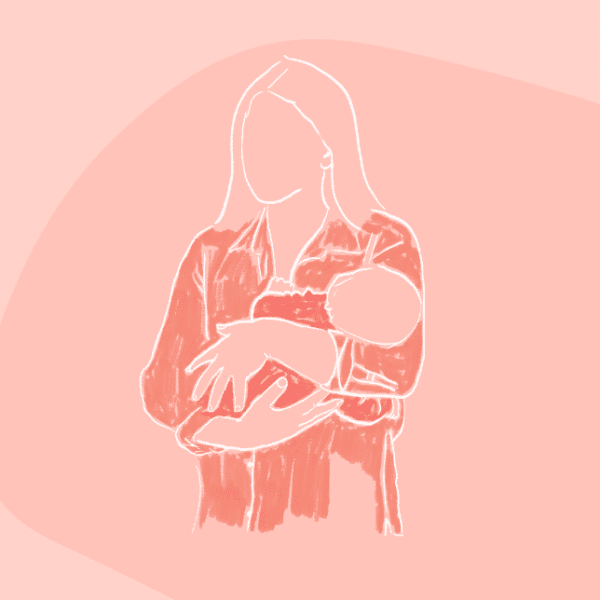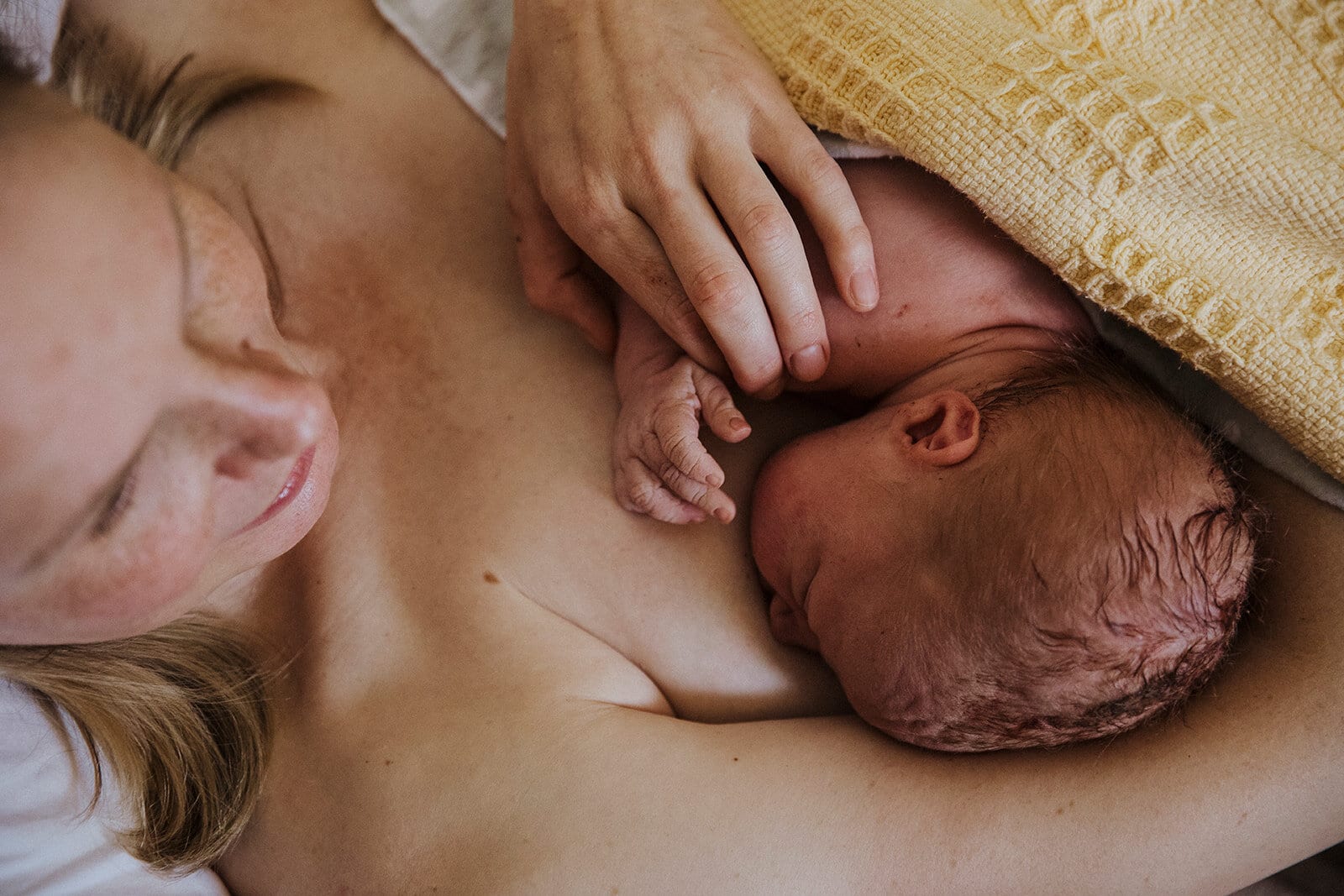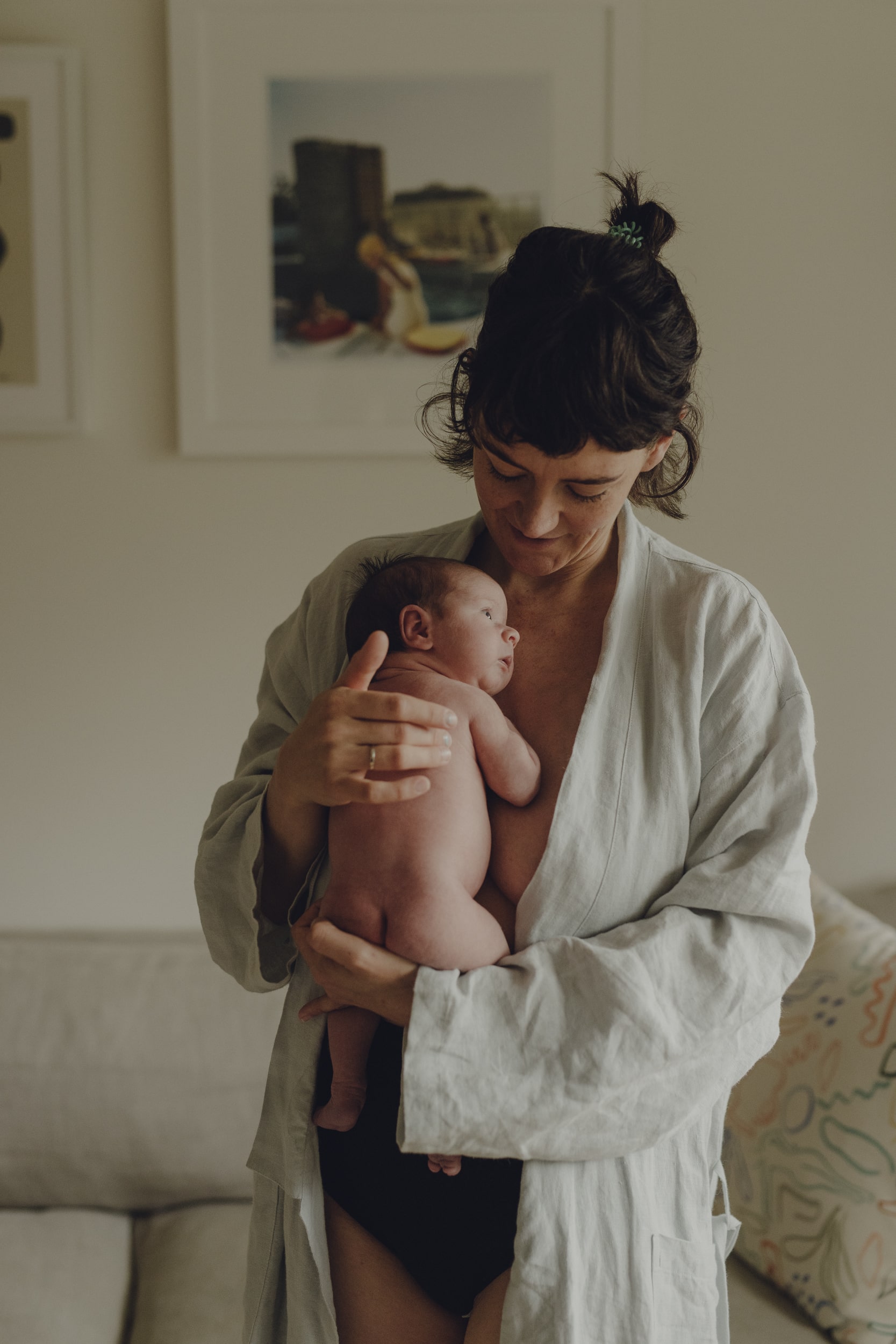Postpartum 5 Common Postpartum Experiences
5 Common Postpartum Experiences

I don't think it's far-fetched to say that in Australia, we're generally encouraged to "get back to it" mere weeks after having a baby.
It’s a Western social expectation that entirely dismisses the pregnancy and birth experience as well as the profound emotional transition into motherhood. Things are slowly changing as more women become aware of postpartum and the fourth trimester (the 12 weeks following birth) and the importance of preparing for a time of rest, bonding with your baby and recovering from birth. There are many cultures that consider the first 40 days after birth as precious; they believe that the rest and healing that occurs during this time dictates your health for the rest of your life.
There are many things about postpartum that can come as a surprise so to save you any unnecessary alarm, here are five common experiences to expect in the days and weeks after birth:
1. Bleeding : regardless of whether you have a vaginal or caesarean birth, you can expect to bleed for up to six weeks postpartum. This discharge is called lochia and it’s made of blood, tissue and mucous. In the first week, you can expect it to look bright red, you may pass small clots and you’ll change your pad every 3-4 hours. It’s best to notify your care provider if you pass large blood clots, if you’re still passing bright red blood a week after birth, if your blood has an offensive smell or if you have flu-like symptoms; these are all signs of possible infection. It’s really common to experience slightly heavier bleeding if you’ve been on your feet all day or if you’ve been a bit busier than usual. Remember: the placenta left a wound on your uterus the size of a dinner-plate; it needs to heal. If you had a wound of that size on the outside of your body everyone would be demanding you rest till it heals but because it’s internal, we tend to forget about it. Go gently, your body has some serious healing to do.
2. Sweating : night sweats are really common in the days after birth (they may even occur up to two weeks postpartum) and they can be quite intense (you may soak through your pyjamas and sheets!). A significant shift in hormones – a drop on progesterone and oestrogen – coupled with excess pregnancy fluid can prompt these sweats so please don’t be alarmed if you find yourself wiping your brow more often that not in the day or waking at night feeling wet and clammy. It’s important to remember that if you’re sweating is accompanied by chills and generally feeling unwell, you may have an infection or be developing mastitis. In this instance, chat to your care provider or GP.
3. Frequent Urinating : sorry to say but you’ll still be waking in the night to go to the toilet once your baby is born. A non-pregnant person tends to pass 800-2000ml of urine daily but after birth you can expect an output of up to 3000ml a day. Please don’t stop drinking though, hydration is absolutely essential and you should be aiming for 2-3litres of water a day, especially if you’ve chosen to breastfeed. It’s good to know that there is also an increased risk of urinary tract infection (UTI) in postpartum because the urinary tract stays dilated for up to 8 weeks post-birth. Lots of water, smoothies, herbal infusions and foods with high water content (like watermelon) are great choices.
4. Emotional Release : for the first few weeks after birth, it is normal and really expected to be emotional and teary and you may not be able to pinpoint exactly why you feel that way. Hormones are the prime motivator for this emotional transition; during pregnancy your oestrogen and progesterone levels are incredibly high but once we give birth our hormone levels immediately plummet. This emotional transition is exacerbated with stress and exhaustion, hence the importance of planning for a few weeks of dedicated rest and healing so you can adjust as a new mother (regardless of how many babies you’ve had, you are a new mother every time you give birth).
5. Gas : no one talks about it but you can bet that most people experience it. Farting after birth is really common and often quite a regular occurrence during the first few days. During labour and birth, your pelvic floor stretches and your intestines shift, which can cause a buildup of gas and less control of your pelvic floor and anal sphincter. This shift in your intestines also applies to a caesarean birth with pain medication also contributing to excess gas. If it continues for more than a few days take a good look at your diet.
If you’d like to educate and empower yourself to ensure a confident transition into motherhood, I encourage you to check out Discovering Motherhood. Discovering Motherhood contains 8 comprehensive interviews with leading experts who will instil you with the confidence you need to thrive in your new chapter as a parent.. Learn more about my audio course HERE
Categories
Related Products
-
Discovering Motherhood
12 reviews$119.00The 8-part audio program supporting your empowered and confident transition into motherhood.
Get your copy of our Perineal Massage Guide in your inbox
Keep Reading
We think you might enjoy these articles
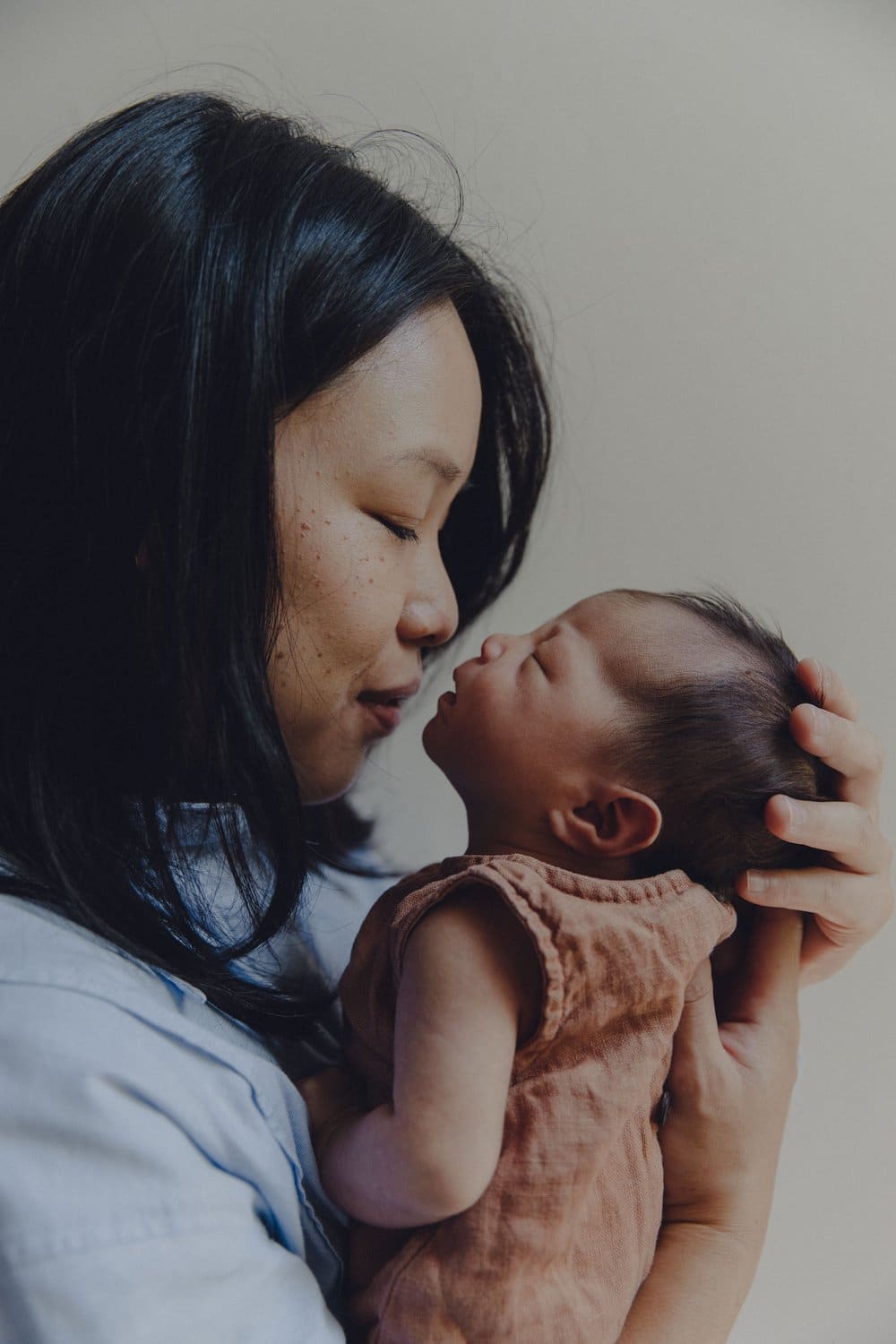
Why planning for postpartum is just as important as planning for birth – and how to do it right
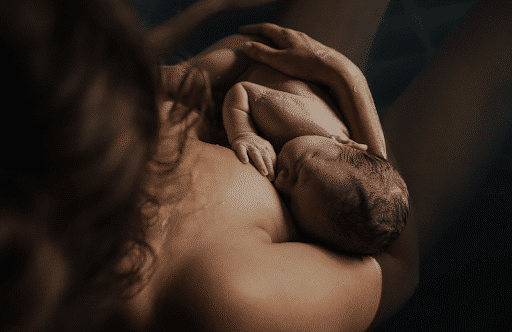
Cracked Nipples: Causes, Treatment and Prevention
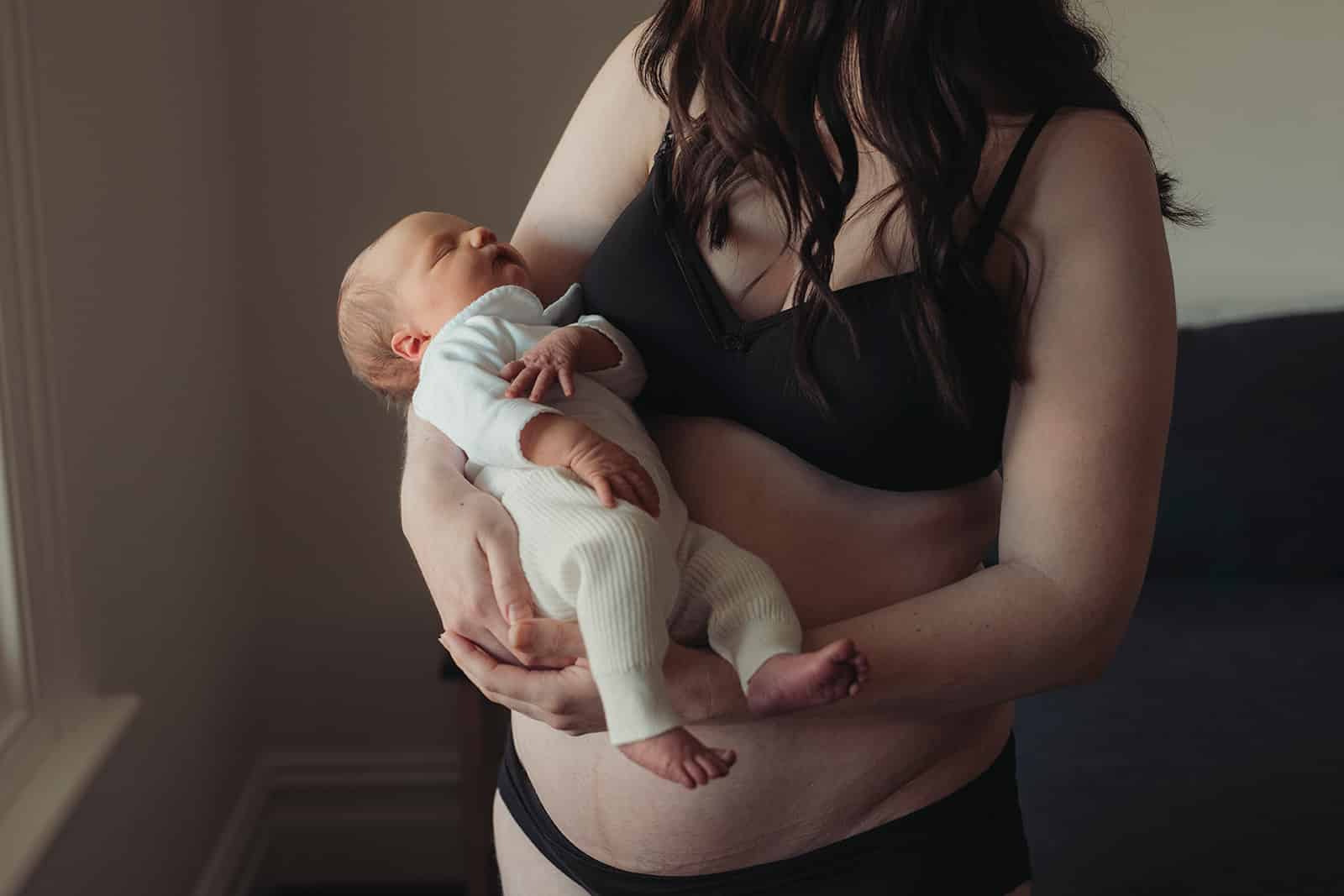
Caesarean Birth Recovery
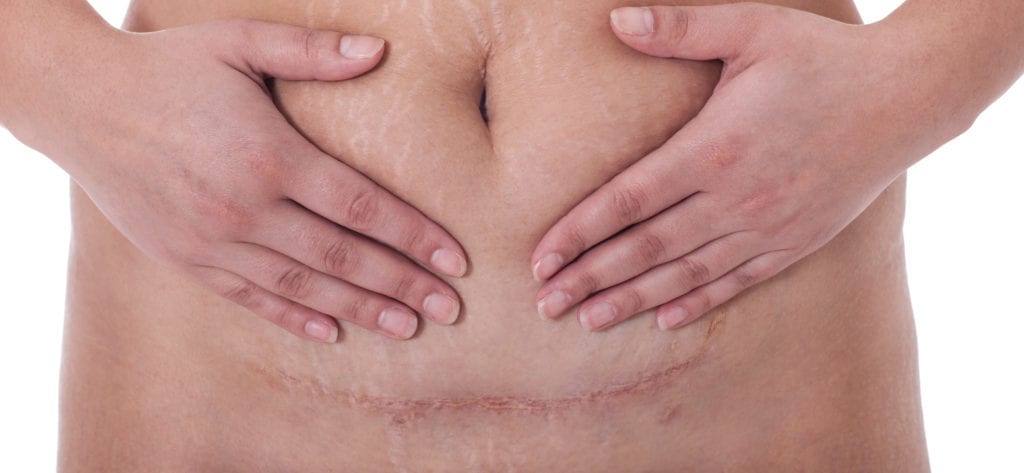
What is a C-Section Shelf?
@AustralianBirthStories
Follow along with us
@AustralianBirthStories
Follow along with us
@AustralianBirthStories
Follow along with us
@AustralianBirthStories
Follow along with us
@AustralianBirthStories
Follow along with us
@AustralianBirthStories
Follow along with us
@AustralianBirthStories
Follow along with us
@AustralianBirthStories
Follow along with us
@AustralianBirthStories
Follow along with us
@AustralianBirthStories
Follow along with us
@AustralianBirthStories
Follow along with us
@AustralianBirthStories
Follow along with us
